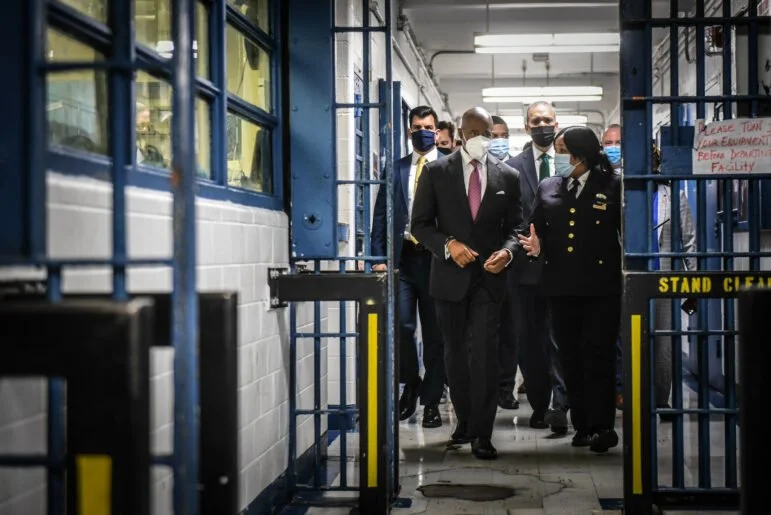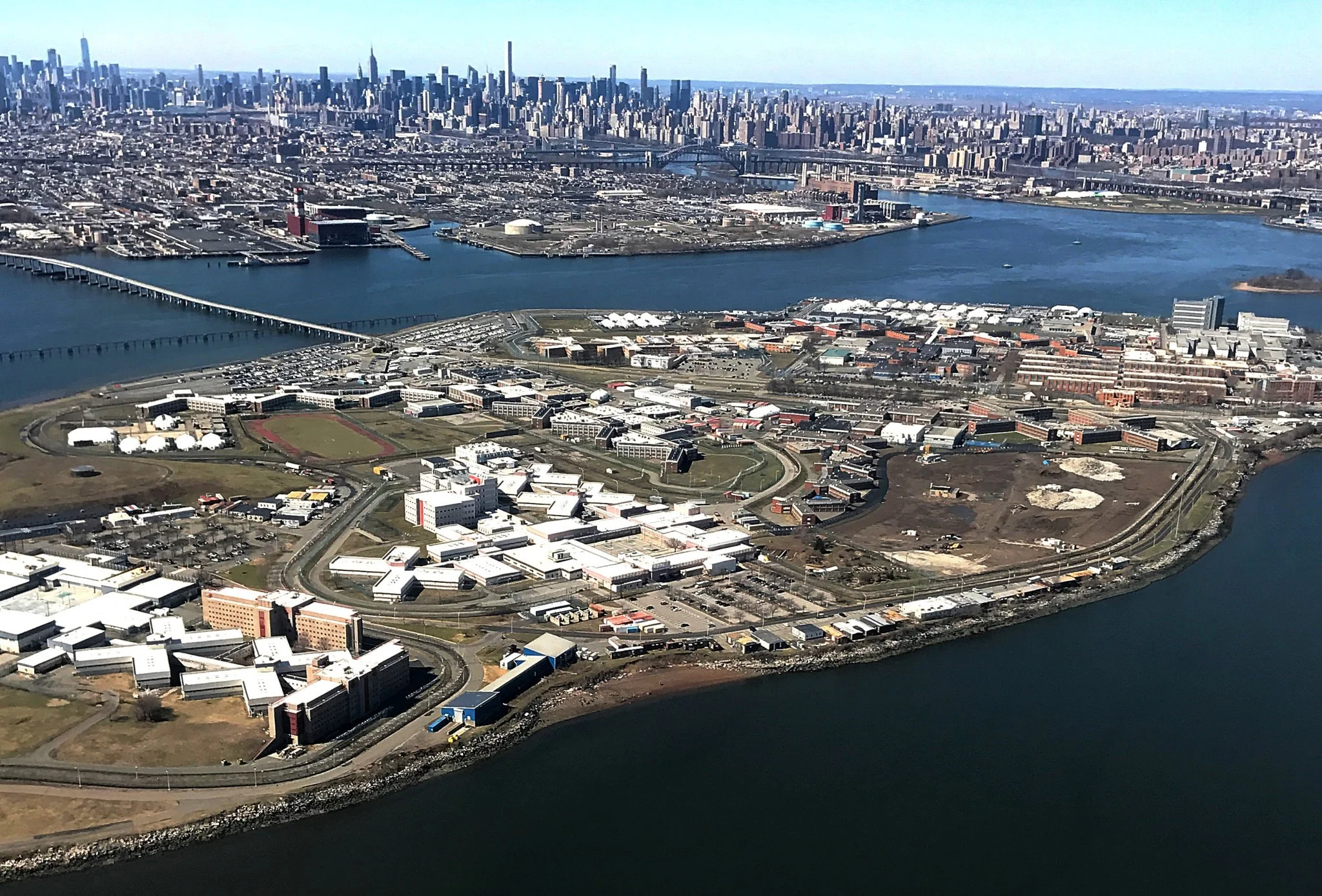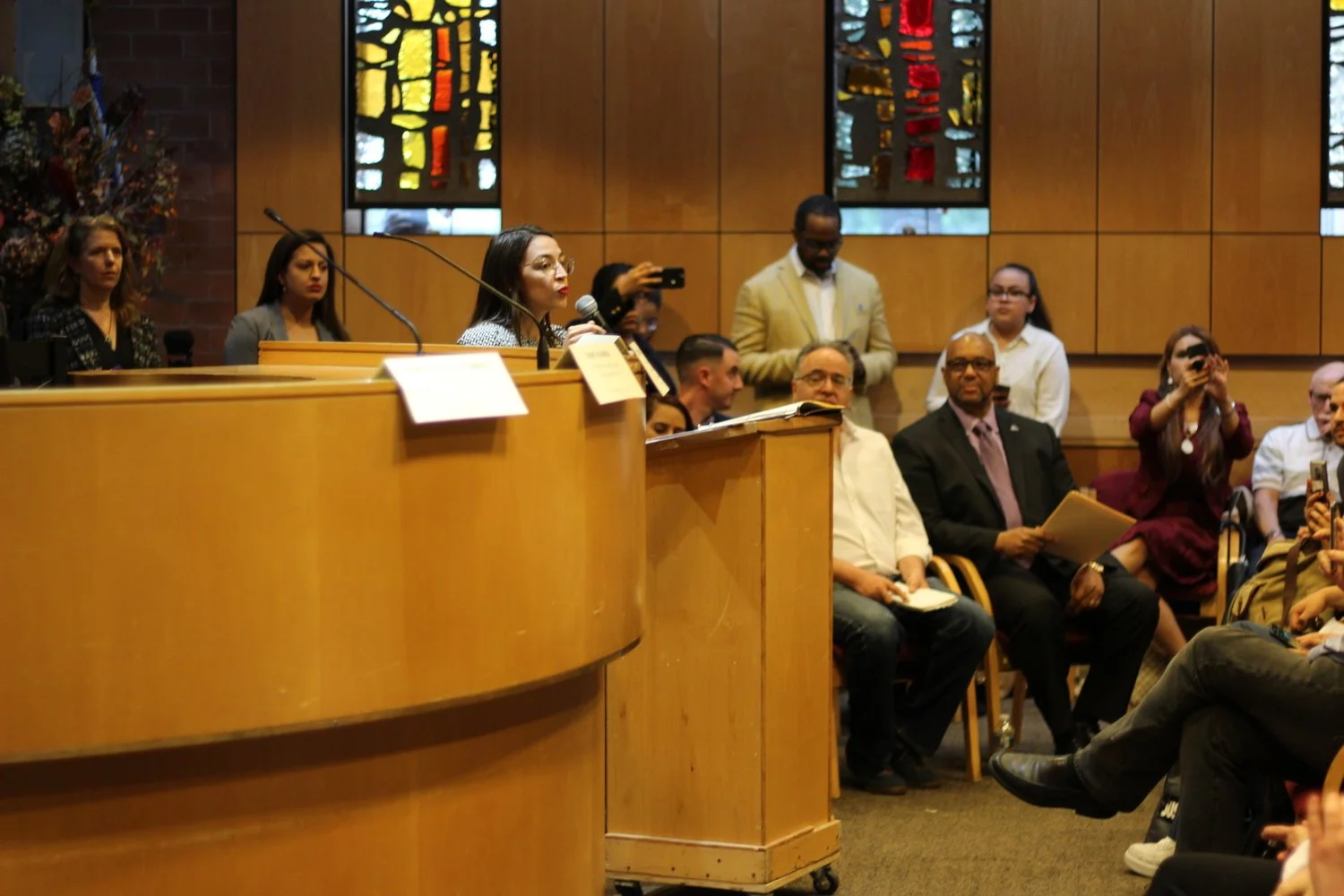CAMPAIGN LEADERS
MARCO BARRIOS
“There is no need for a place in our society where people are treated inhumane or tortured no matter what their background, what they've done, or allegedly done.”
Marco spent more than 20 years incarcerated in NYS prisons, where he got his Bachelor's degree from Mercy College. He has been incarcerated at Rikers, and he now works as an Advocate with the Mental Health Project at the Urban Justice Center.
MEDIA APPEARANCES
Q+A
1.) How are you connected to this movement?
Well, my lived experience with the criminal legal system. I was sentenced to 25 to Life back in 1993. I did 24 years and six months, and I came home in 2017. And ever since I've been involved with organizations trying to change the whole system and giving back to the community, making them better. My degree is in behavioral sciences, so I really wanted to work with individuals with mental health conditions in city jails. I got my degree through Mercy College in a program called Hudson Link which gave me the opportunity to get my degree.
2.) Why should Rikers close?
It's a blemish in our city. The system in itself is corrupt, is broken, and is meant to be broken. And there is no need for a place in our society where people are treated inhumanely or tortured, no matter their background, what they've done or allegedly done. And the fact that it's an island, it's hard to even try to get to.
Also the condition of the facilities is so bad, because of the environmental issues involving Rikers Island, but also because the buildings are so old and breaking down. So the health conditions are for not only the population there, but also for the staff. So I think we need to move away from an antiquated, punitive system more to a rehabilitative system, which will work a lot better if we have borough-based facilities.
3.) What is your vision for a more just and equitable post-Rikers New York City?
I think taking part of the model that Norway has regarding the criminal legal system there. It's more about rehabilitation, more like from a social work environment where the individual goes in there, they have to do their time, but they're coming out much better than they went in. Whether it's therapeutic programs or they have health programs, career programs, the reentry starts from the moment they step in, and after they come out where the community gets involved in following up the individuals' reentry into society.
I want to see where individuals that shouldn't be there in the first place will get the help they need. And individuals who have to be detained, and especially when we talk about city jails, these are people who allegedly committed a crime but have not convicted, there should be other ways that we could make the city safer, and much healthier.










